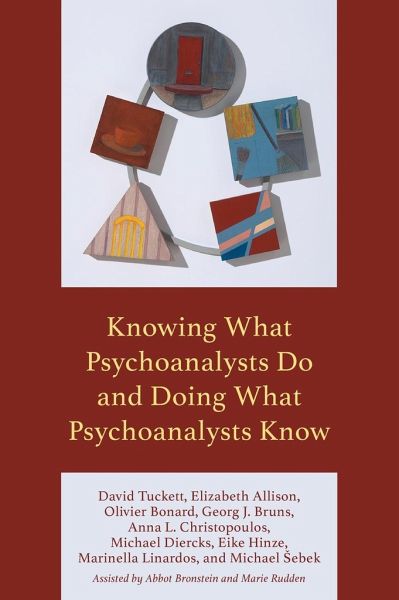
Knowing What Psychoanalysts Do and Doing What Psychoanalysts Know
Versandkostenfrei!
Versandfertig in 1-2 Wochen
100,99 €
inkl. MwSt.
Weitere Ausgaben:

PAYBACK Punkte
50 °P sammeln!
Using the in-depth discussion of everyday clinical cases using a new collegiate method, the authors set out to reveal and then to understand, without judgment, the diversity in contemporary psychoanalytic approaches. They evolve a new theoretical framework and a set of 11 practical questions for experienced psychoanalysts and students to use.













